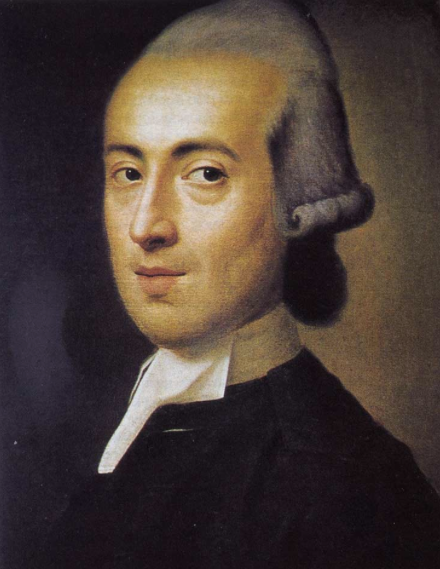Which if I had a priori bothered to look into (the Aristotelian, Platonic, and Aurelius interpretations), the ontological a priori may not , could not have, or even should not have been asked. Since it has, it may prove the coincidental nature of a priori
representation, therefore. In it’s self may also be
connoted in anthropological terms extending the
mirror effect of Man ‘made’ in the image of that
noumena.
this anthropomorphism charge becomes redundant
here.
Can only refer to the song as way of apology, ‘he
ain’t heavy he is my brother’
The surrealists win, hands down, the images do not appear as deformed, they are, therefore, changed within themselves, Dorian grey's portrait in the attick, still remains as intended, it is he, who is of fear of looking into the mirror.
but, what of that fear, where genius can not contain?
Where the return , not dreaded now? may turn pleasantly into something else, sorrowfully, a tryst on magic mountain may absolve or relegate it into an abysmal decompression? Oh Gods, whom Olympic Heights did not tremble upon the dizzying heights,
can Your ring of fire be ever set free, before, the final event, or, must She languor , in it, before the last veil, whence Jason may return, to release her?
Your stanzas following that desire, may release that
power, and to do that knowingly, is to be condemned eternally, to return, to it.

